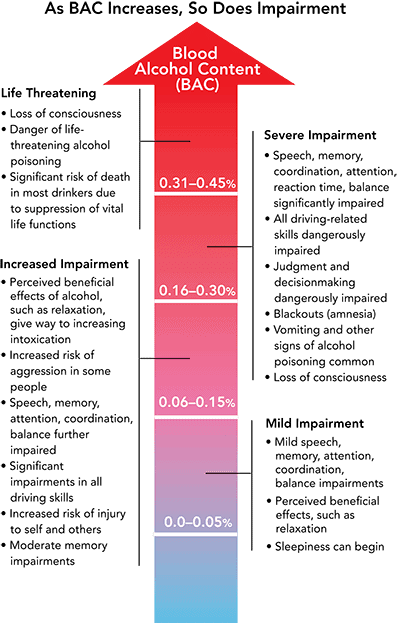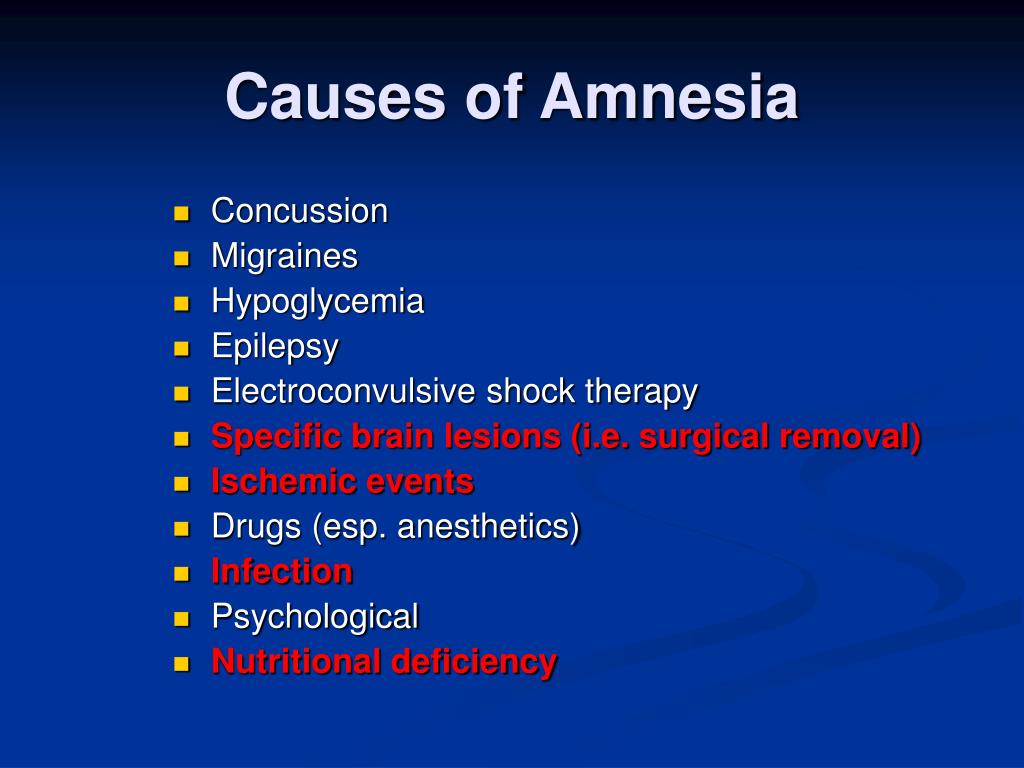

The identification of this trigger of TGA may help the clinician in his etiological research.Īt the end of 2019, in China, a cluster of viral pneumonia cases developed, later identified as COVID-19 (Coronavirus disease 2019). Yet, numerous confounding factors cannot be tackled with this approach, and causality cannot be ascertained. Cerebrovascular, inflammatory, or migrainous mechanisms may underlie this association. Our analysis of COVID-19 vaccines-related TGA reports shows significant disproportionality. With an IC025 > 0, COVID-19 vaccines showed a significant ROR (5.1 95%CI 4.4–6.0). Of all TGA cases, 289 were associated with a COVID-19 vaccine, representing the most frequent association. A positive lower end of the 95% CI of the IC (IC025) is used to statistically detect a signal.

Disproportionality analysis relied on the Reporting Odds Ratio (ROR) with its 95% Confidence Interval (CI) and the Information Component (IC). We queried the World Health Organization VigiBase ® for all reports of “Transient global amnesia”, up to 6 December 2021. We aimed to investigate the potential link of TGA with COVID-19 vaccines. TGA is characterized by sudden onset of anterograde amnesia with preservation of other cognitive functions and resolution within 24 h. As their safety continues to be monitored, cases of transient global amnesia (TGA) following mRNA vaccination with elasomeran have been reported.

1Department of Psychiatry, University Hospital of Nice, Nice, France.Van Obberghen 4 †, Nouha Ben Othman 2 †, Eric Ettore 1, Bruno Giordana 1 †, Delphine Viard 2 †, Fanny Rocher 2 †, Alexandre Destere 2 †, Michel Benoit 1 † and Milou-Daniel Drici 2* † If you have a treatable cause of amnesia, then treatment might allow you to regain your memory.īut if you have ongoing amnesia, then apart from treating whatever is causing it, you will need to developing strategies to improve your memory.Diane Merino 1,2 †, Alexandre O. take images of your brain to look for damage.take a blood test to check for infection or vitamin deficiencies.Your doctor will talk to you and examine you. If you or someone you know are struggling to remember things like close family members' names, or if you can't retain new information, it's important to see your doctor.Īnd if you have any memory loss at all after a head injury or a suspected concussion, you should see your doctor. after losing the supply of oxygen to the brain, such as with a heart attack or heart surgery.a type of epilepsy (transient epileptic amnesia).psychological conditions, such as anxiety or depression.tumours in the area of the brain that control memoryĪmnesia can also be caused by issues that affect the whole brain, such as:.It can be caused by damage to the parts of the brain that are important for memory. There is a long list of conditions that can cause amnesia. It is usually temporary, but can be permanent in some situations. It is often a symptom of another condition.

People who have amnesia might also be confused and have trouble learning anything new.īut most people with amnesia still remember who they are, and can often remember events from their childhood.Īmnesia is not a medical condition on its own, but a description of an experience. People with amnesia can struggle to form new memories or remember recent events or experiences.


 0 kommentar(er)
0 kommentar(er)
